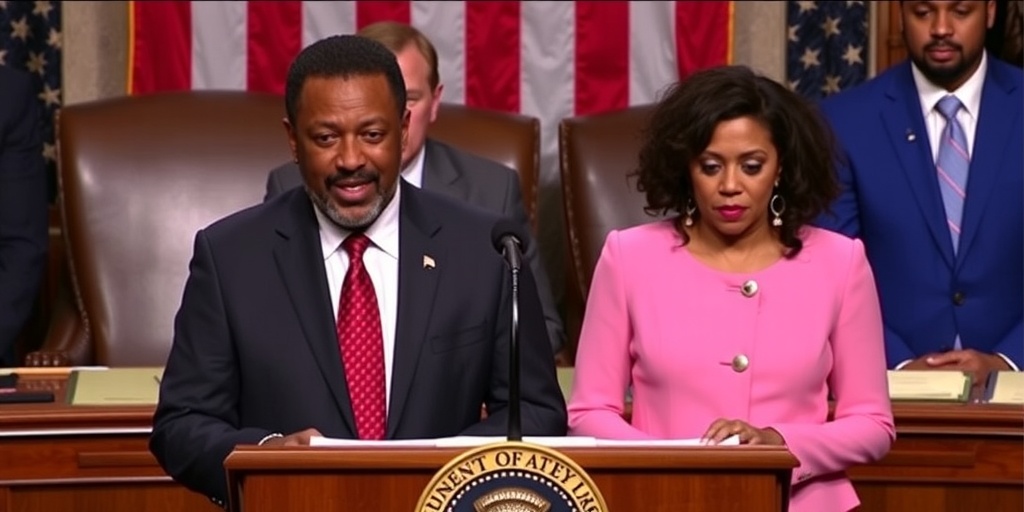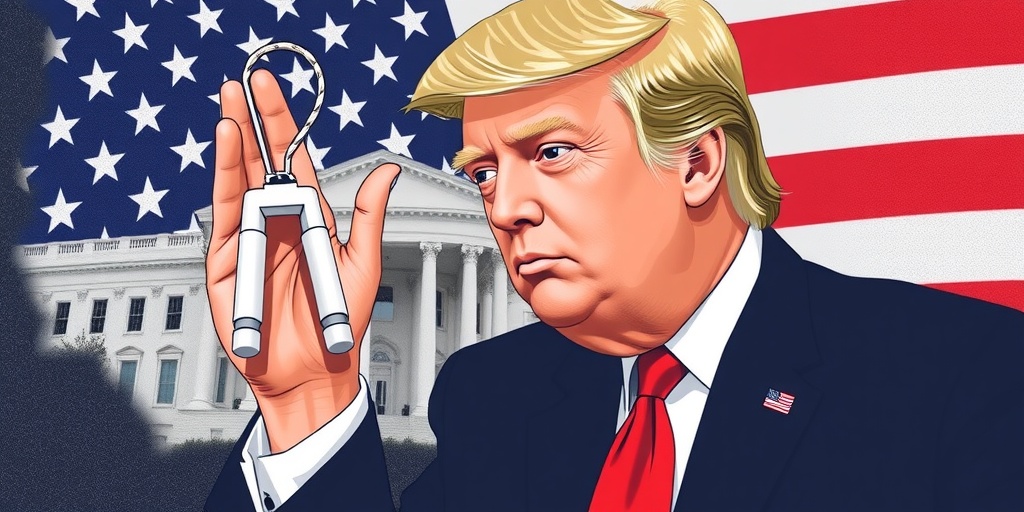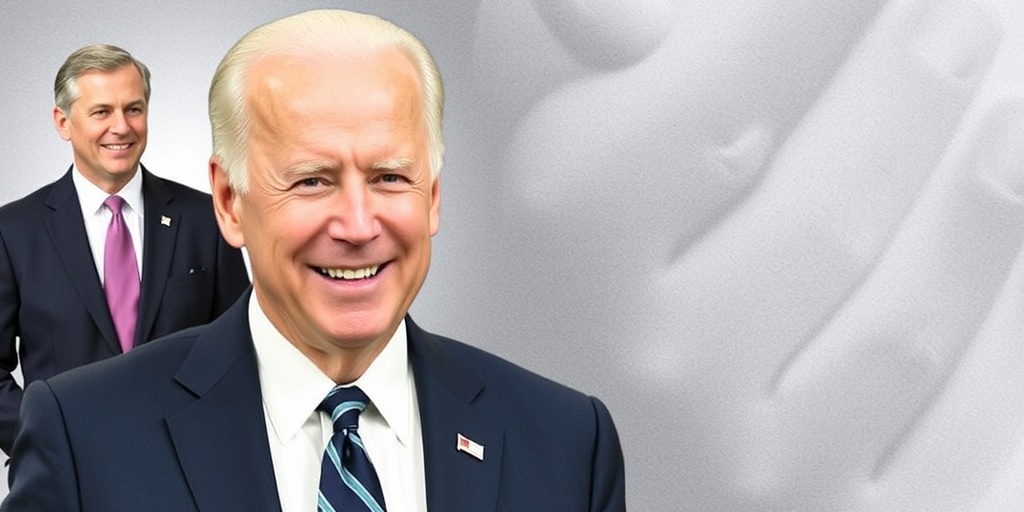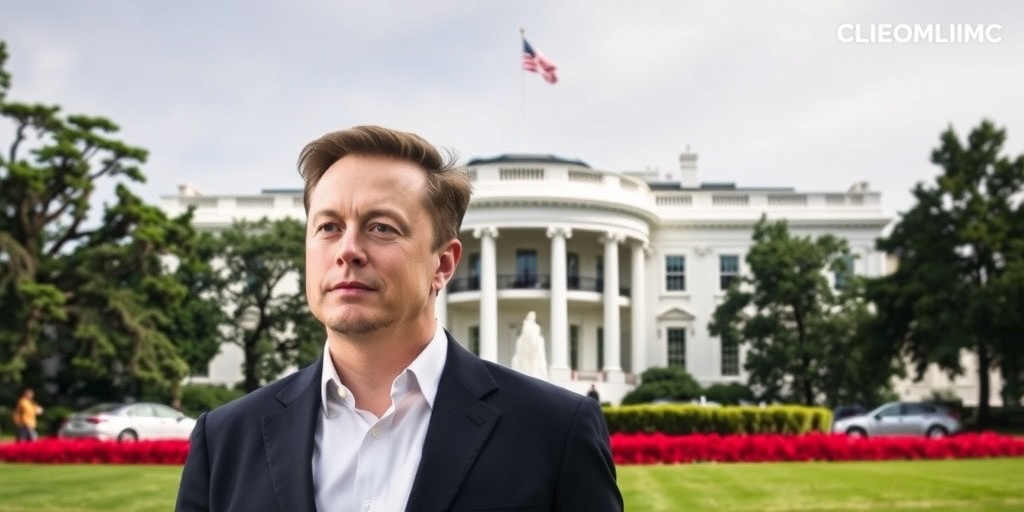Now Reading: Trump Embraces Manifest Destiny in New Political Strategy
-
01
Trump Embraces Manifest Destiny in New Political Strategy
Trump Embraces Manifest Destiny in New Political Strategy

Title: Trump’s Ambitious Vision: Musings on Land Expansion as He Prepares for a Second Term
As President-elect Donald Trump approaches his inauguration, his recent comments about possibly coercing Canada to join the United States, as well as his controversial proposals regarding Greenland and the Panama Canal, have stirred widespread concern and bewilderment. Trump’s musings, which included a troubling suggestion about the potential use of military force to achieve these goals, mark a surreal introduction to what is expected to be a turbulent second administration. These statements have not only sent shockwaves through international circles, but they have also put congressional Republicans in an awkward position, having to assure the world that Trump does not intend to invade Arctic territories.
Senator James Lankford, a Republican from Oklahoma, defended Trump’s comments, asserting on "Meet the Press" that the United States would not invade any nation. Instead, he characterized Trump’s rhetoric as "bold" statements meant to prompt dialogue and negotiation. However, whether these comments are merely negotiation tactics or indicative of a deeper agenda is still a matter of debate. Observers have suggested that Trump’s expressed desire for territorial expansion reflects an underlying principle that has characterized much of his public career: a relentless pursuit to expand his domain, akin to how he has historically approached his business ventures.
This inclination towards expansion is not new. Trump’s fixation on acquiring territory aligns with a pattern seen throughout his career, particularly during the 1980s when he sought to grow his business empire through aggressive acquisitions. His fascination with Greenland in particular can be seen in this context—not as a genuine foreign policy goal but rather as an extension of his ethos of expansion and ownership.
The prime minister of Greenland stated that the territory is inclined to work more closely with the United States on various issues. However, the sentiments amongst Greenlanders, as well as Panamanians, reflect a lack of interest in handing over their homes to American control. Reflecting on his business past, Trump has often overlooked the voices of those who might stand in the way of his ambitions, often employing heavy-handed tactics in efforts to achieve his goals.
In the early 1980s, when Trump was building his public reputation as a developer, he faced significant opposition over plans to demolish a 15-story building in Central Park South to make way for a luxury condominium. Tenant allegations included claims that Trump resorted to neglecting maintenance and issuing eviction notices in attempts to pressure residents into vacating. Ultimately, Trump’s ambitions were thwarted as the tenants prevailed against his tactics.
In another instance, while looking to spruce up areas surrounding the Trump Plaza casino in Atlantic City, he took the initiative to paint over dilapidated nearby houses without asking the residents for permission, to their obvious dismay. Even then, Trump appeared unfazed by the criticisms, stating, “I wanted to make them look nice.” This pattern of behavior, wherein Trump appears to view the world as a canvas for his personal vision, has resurfaced on a larger political stage.
Historically, Trump has exhibited a dismissive attitude towards the principles of international sovereignty and diplomacy. In the 2016 presidential campaign, he infamously suggested that the United States should "take the oil" from territories controlled by the Islamic State. His fascination with Greenland reached new heights during his first administration, where a dedicated team explored possibilities for leasing the Arctic territory, which presently operates under the authority of Denmark, a partner nation in NATO. Trump’s perspectives reflect an enduring belief that size and control equate to power—evident when he remarked on Greenland’s vast expanse and expressed thoughts of its incorporation into the United States.
His recent social media activities also reveal a continuation of this trend. A post displaying Canada draped in American stars and stripes, accompanied by the caption "Oh Canada!" suggests that Trump’s vision equates national borders to mere decorations on a property he desires to control.
While his decision to float ambitious and often outrageous ideas may be part of his strategy to gauge responses and reactions, it underscores a larger theme. The prospect of Trump’s presidency once more invoking discussions of expansion, even to the extent of land grabs, brings forth serious implications for American foreign policy and international relations. As Trump embraces this return to familiar tactics, it seems likely he will encounter significant resistance, akin to those he faced during his early business exploits.
In this climate of uncertainty and apprehension, the world watches intently, questioning how Trump’s second term will further unfold and what it might mean for nations and relationships worldwide.
Stay Informed With the Latest & Most Important News
Previous Post
Next Post
-
 01New technology breakthrough has everyone talking right now
01New technology breakthrough has everyone talking right now -
 02Unbelievable life hack everyone needs to try today
02Unbelievable life hack everyone needs to try today -
 03Fascinating discovery found buried deep beneath the ocean
03Fascinating discovery found buried deep beneath the ocean -
 04Man invents genius device that solves everyday problems
04Man invents genius device that solves everyday problems -
 05Shocking discovery that changes what we know forever
05Shocking discovery that changes what we know forever -
 06Internet goes wild over celebrity’s unexpected fashion choice
06Internet goes wild over celebrity’s unexpected fashion choice -
 07Rare animal sighting stuns scientists and wildlife lovers
07Rare animal sighting stuns scientists and wildlife lovers





















